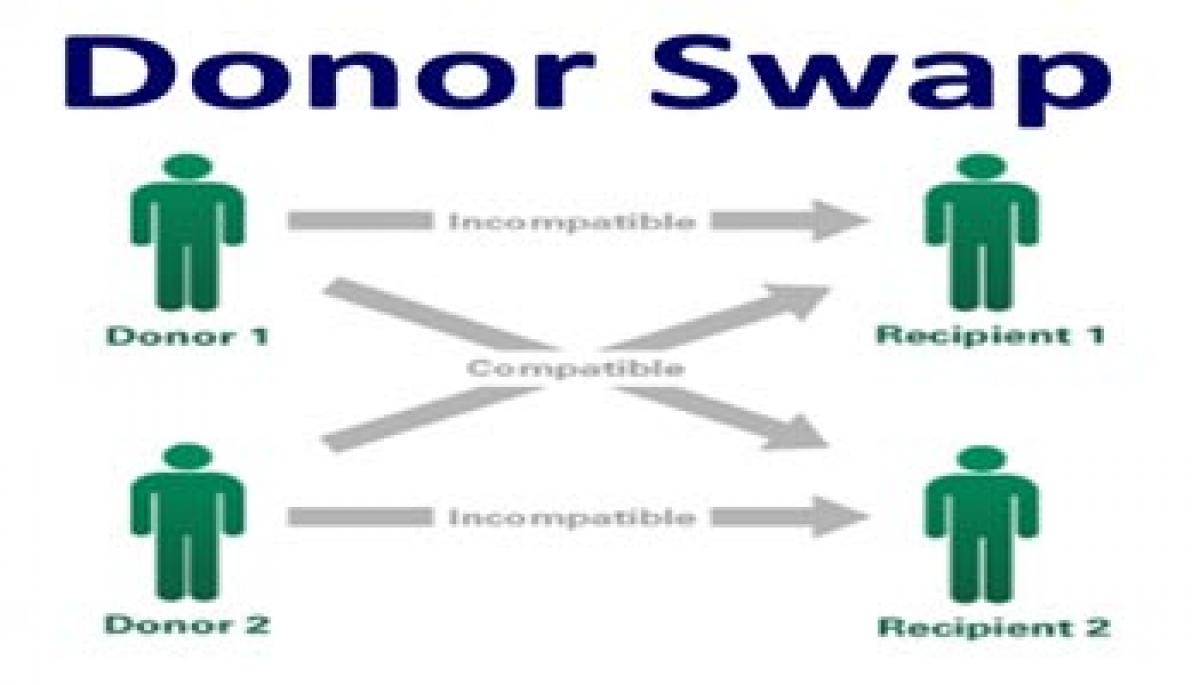Live
- 'Refrain from interfering in municipal polls': Union Minister Ravneet Bittu tells Punjab officials
- SC grants anticipatory bail to accused in POCSO case
- Rising Rajasthan Summit to return in 2026, says CM Sharma
- Kerala HC issues contempt notice to official over elephant regulation violations
- 3rd ODI: Have to learn to take things till the end, says Harmanpreet after India's 3-0 defeat to Australia
- Brook is probably the best Test batter in the world right now, says Ponting
- Congress to fight alone in Delhi, Alok Sharma labels AAP a 'distraction'
- EPFO Subscribers Alert: Withdraw Provident Fund Money Directly From ATMs Soon
- Shehla Rashid calls PM Modi a 'fair administrator,' shares her journey from critic to admirer
- Direct Flights Between Mangaluru and Singapore to Begin in New Year









